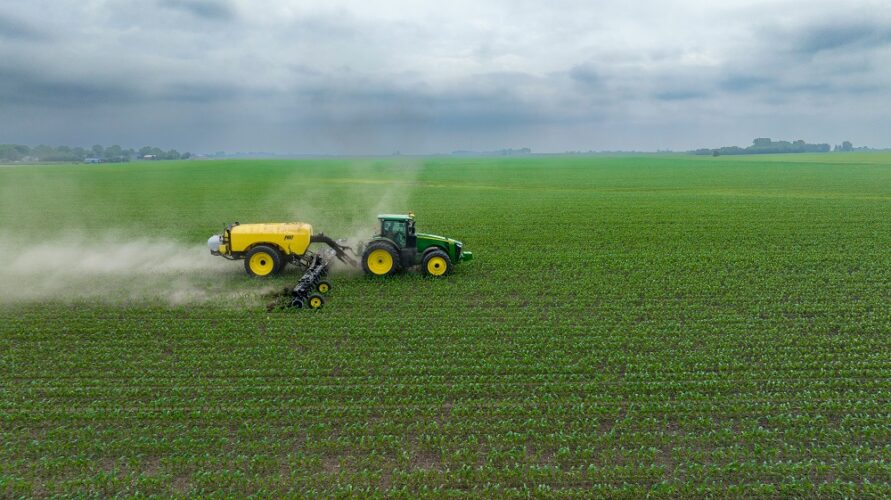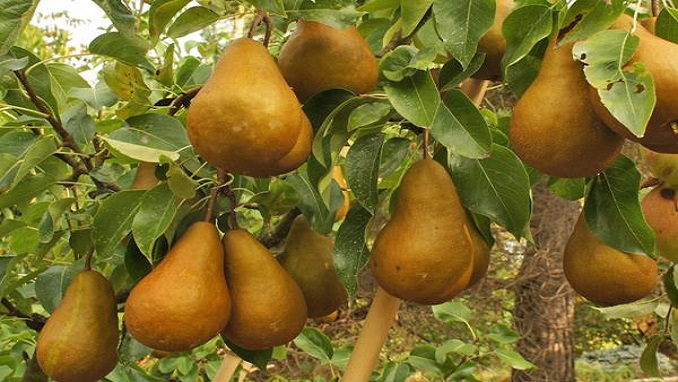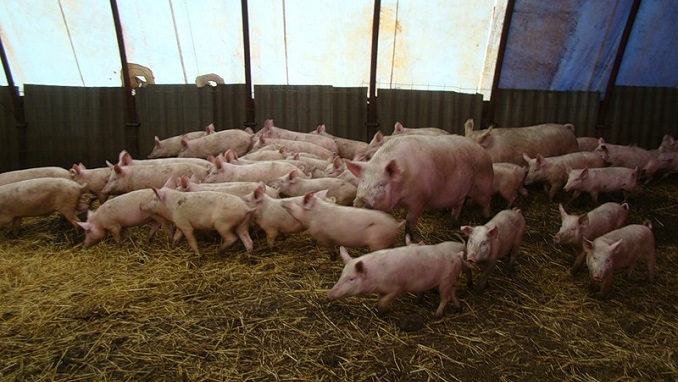The leader of the biggest fertilizer company in the world has issued a warning about impending shortages in the fertilizer market due to supplies from Russia and Belarus being less plentiful than even he had anticipated.
Due to trade limitations and conflict, two of the main producers of potash, an indispensable form of fertilizer, ultimately exported less. Seitz anticipated a reduction of one to two-thirds in Belarusian exports but now expects them to be at least half of what they were in 2021. According to the CEO, a 25% decrease in shipments from Russia is possible.
According to Ken Seitz, CEO of Nutrien, Belarus and Russia are among the major manufacturers of fertilizer. He also mentioned that export issues exist in the area.
Seitz argues that the fertilizer market will be significantly impacted by this.
For the billions of people who don’t work in agriculture, the world’s fertilizer shortage can seem like a far-off issue. But the crops that feed the world’s expanding population must be grown with the help of crop fertilizers. When food prices have risen, fertilizer shortages can result in greater expenses and reduced yields, which eventually hurt consumers.
According to him, Russia and Belarus will account for around 60% of the new output that is anticipated to enter the market over the next five years; however, it is unknown how much of that manufacturing will really go into production.
“The world is going to have to look to the other breadbaskets of the world to fill that supply gap for food,” he said.
As the global population is increasing, demand is also increasing. The Saskatoon, Saskatchewan-based corporation has stated that it would enhance its capacity for producing potash to 18 million tons by 2025, a 40% increase from 2020. According to Seitz, the business might review extra manufacturing if the market changes.
As farmers delay purchases in order to wait for lower costs, fertilizer prices are decreasing from the greatest levels seen in years, upsetting the market for agricultural inputs by causing gluts.
It represents a turnabout from earlier this year when prices spiked as a result of Russia’s invasion of Ukraine, which destabilized the global crop-nutrient market. Due to Belarus restrictions, the price of potash has also increased.
Despite this, farmers throughout the world will need to refill on nutrients as they used up the majority of their supplies this year. Seitz predicts that worldwide deficits would continue far beyond 2019.
In order to secure products, farmers will purchase fertilizer in advance, increasing prepaid sales at Nutrien by 15% to 20% from 2020. Seitz anticipates that farmers who didn’t purchase any produce this year and who have already consumed all of their stock would re-enter the market and drive prices up.



